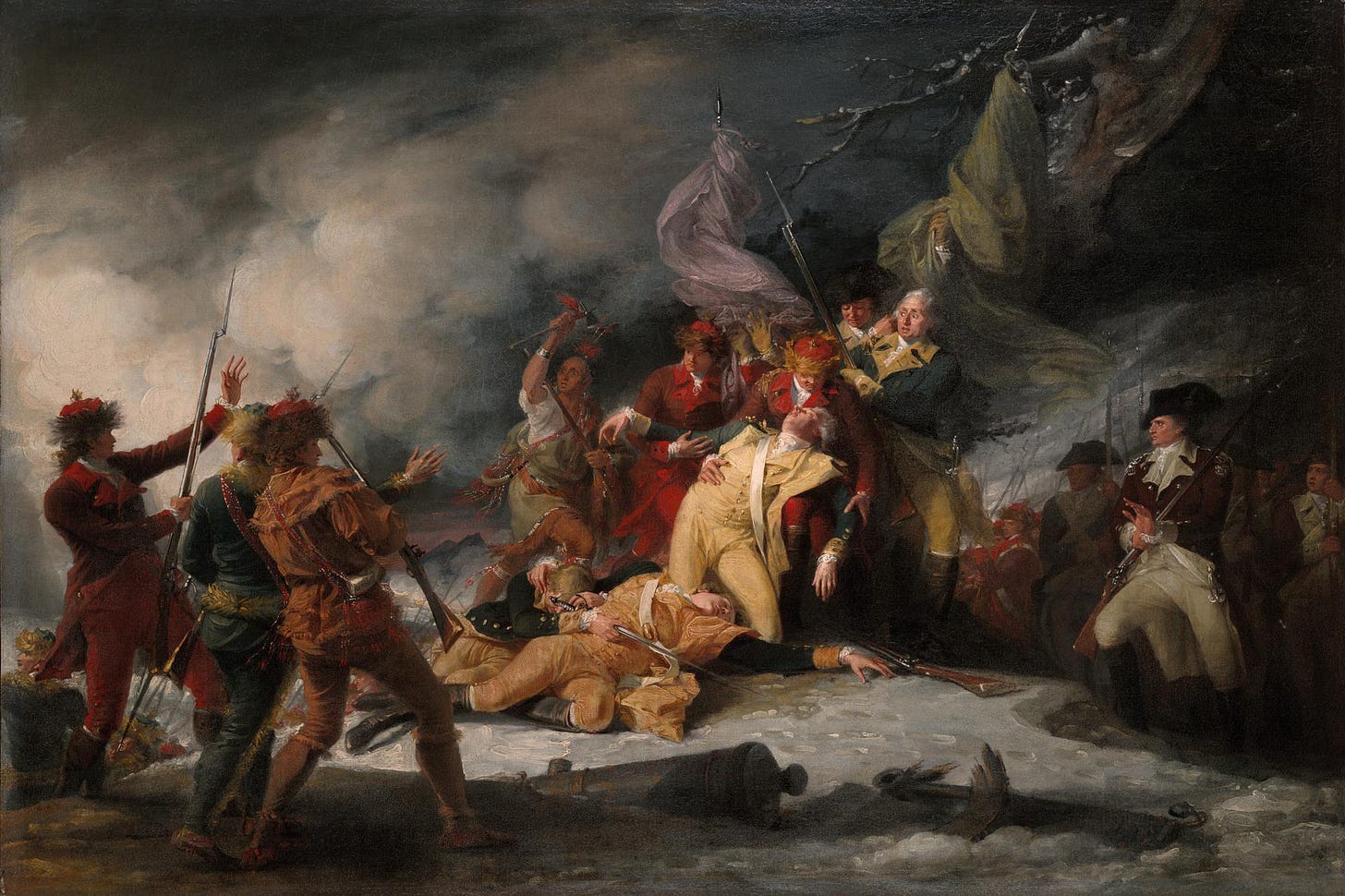Thoughts on Death and What Comes Next
Featuring excerpts from Edward Feser’s Immortal Souls
I have been thinking about how we ought to navigate the death of a good man, from making sense of his passing to the necessary response. This brought to mind the ending of Edward Feser’s most recent book, Immortal Souls. I will include a few passages here, accompanied by my own comments.
For, again, it is only when the soul is conjoined with the body that we have a complete substance. The disembodied soul is in an unnatural state, and aims or points toward the having of its body as its natural condition. It would be most odd if the soul were forever frustrated in this natural tendency - if union with the body lasted only for the fleeting, earliest portion of its unending existence.1
When a death occurs, it’s normal for people to register their unsolicited thoughts, from asking who this person really was to constructing their life narrative. While there is a time for proper inquiry and characterization of a man, especially a highly accomplished one, the immediate aftermath should be marked by deep reflection on his demise.
After all, death is the most unnatural experience for one to be subjected to. At its core, it’s divisive, taking the person who is a composite of body and soul and severing their unity—death is bad. Of course, there’s an oddity to it that we sense ought to be remedied. However, we must not ignore the severity of the loss, even though it may bear a crushing weight; that’s the burden the moment requires.
Another thing philosophy can tell us is that if a resurrection were to occur, only God could bring it about. That, in any event, was Aquinas’s view. Natural material causes can no more reunite soul and body than they could generate a soul in the first place. Nor could even an angelic intellect reunite a soul and its body, since angels can only manipulate natural causes, even if they can do so more powerfully than we can. Now, if we consider the fittingness of resurrection together with divine power, goodness, and wisdom, we have the ingredients for an argument to the effect that God can be expected to restore bodies to souls.2
A disembodied soul is unsettling, which encourages an inclination toward the resurrection of the body. This leads some to want to resurrect the recently departed on this side of heaven. But you can’t—we are powerless in this domain. And it seems to be a disservice to attempt to do the impossible here, as well as disrespectful. While on this Earth, that person habituated virtue in a way manifestly their own, and that deserves reverence.
We entrust our desire for resurrection into the hands of God, for he is the only source capable of such a feat. This is not to stifle inspiration. Instead, to respect the way in which virtue is practiced incarnate and to cultivate a deeper understanding of the circumstances that have been divinely prescribed. We don’t force ourselves into a mold, but rather act in accord with what will advance the perfection of our own person, with complete faith in the importance of that character in the story God has canvassed. This is where inspiration is most impactful: when it encourages one to participate more fully in the personal plan God has for him.
I couldn’t recommend reading this book enough, especially for those interested in human nature; it has served me well indeed. To close, I will include its final paragraph for you to gnaw on.
Suffice it to say that philosophy can take us as far as showing not only that the soul is immortal but that its reunion with the body is to be expected. That’s pretty far - further even than Plato dared go in the Phaedo. But here we reach the limits of what philosophy can by itself establish. If we are to go further, we will have to look for evidence of some special divine revelation about the details of the soul’s life after death and the resurrection of its body. It seems relevant to point out in closing that there is one religion, and only one, that grounds its claim to divine provenance precisely on evidence that one such Resurrection has already occurred.3
Edward Feser, Immortal Souls: A Treatise on Human Nature (Editiones Scholasticae, 2024), 520
Ibid., 520-21
Ibid., 521


